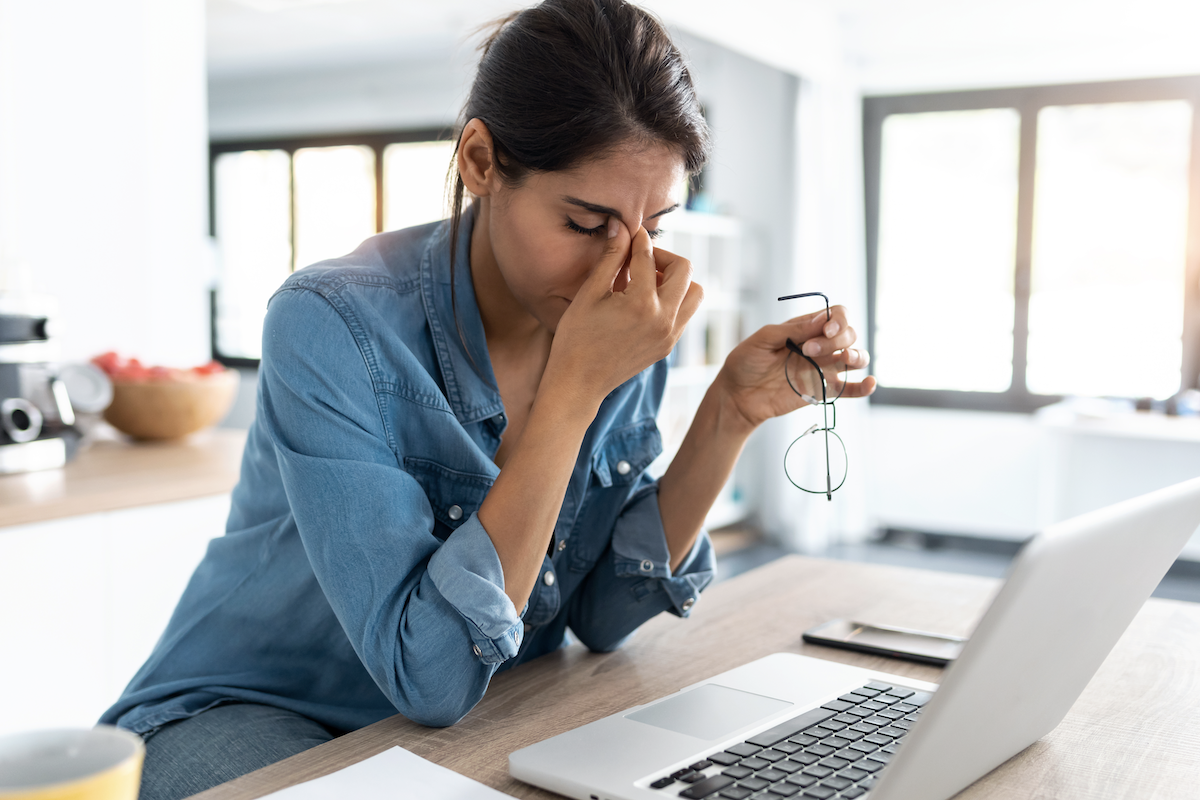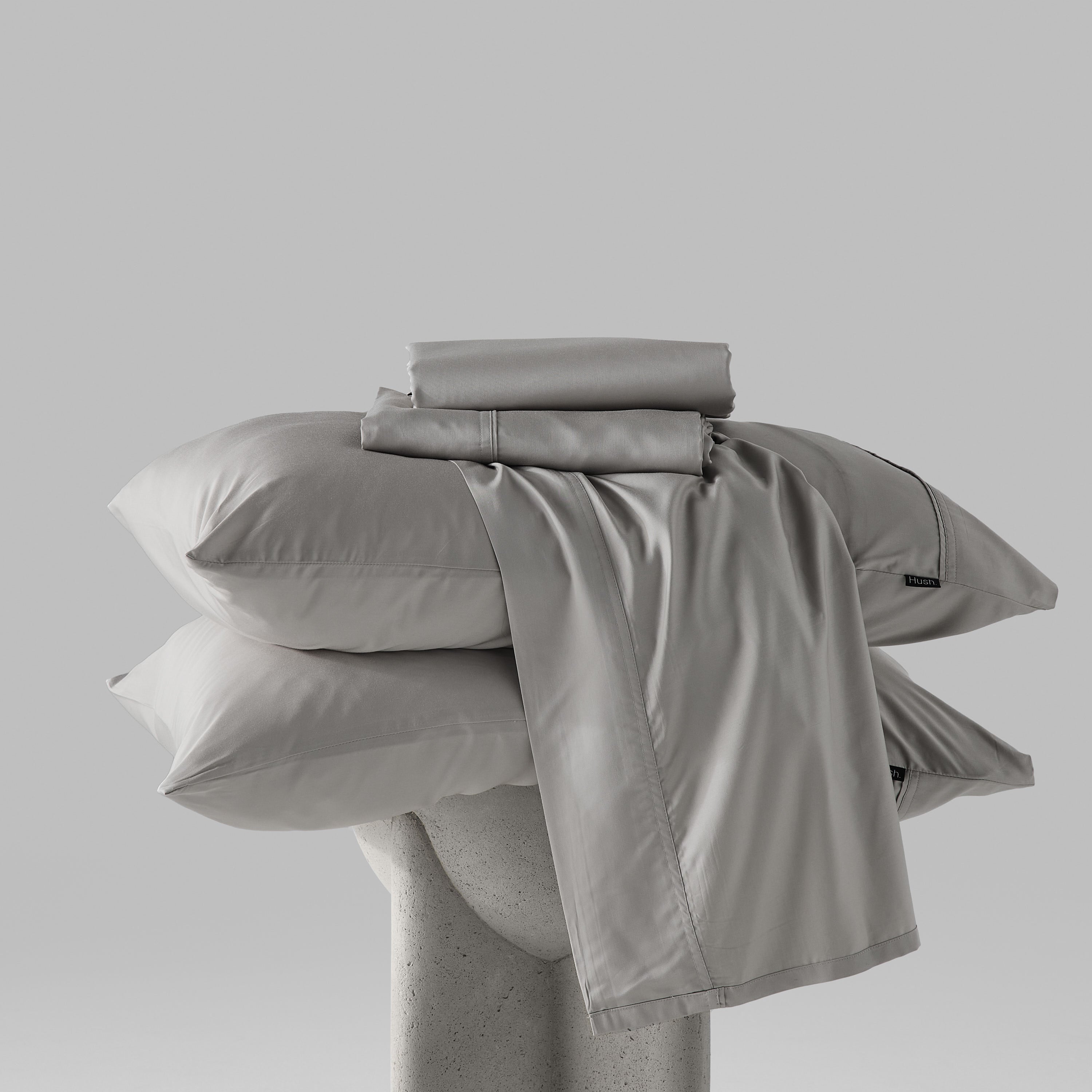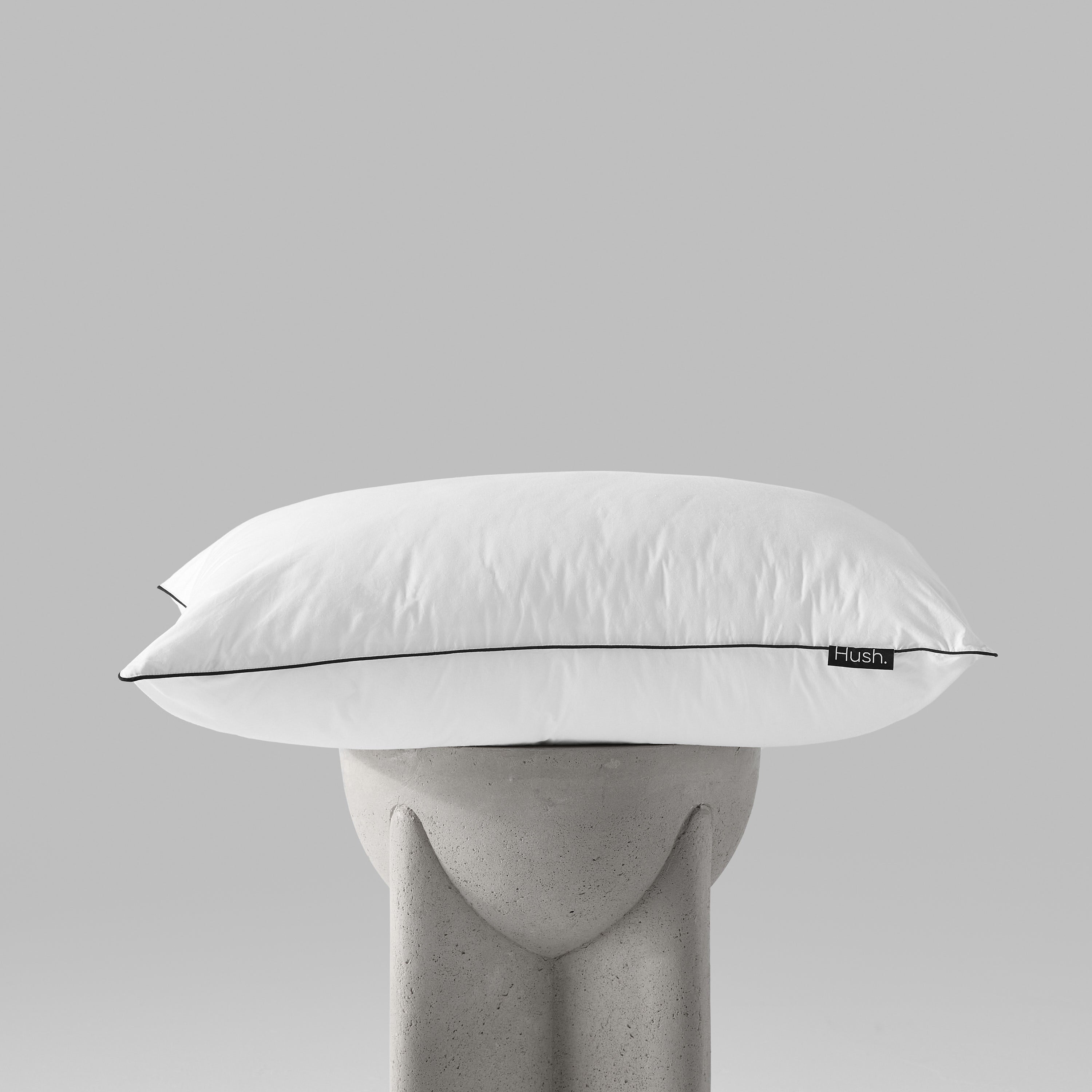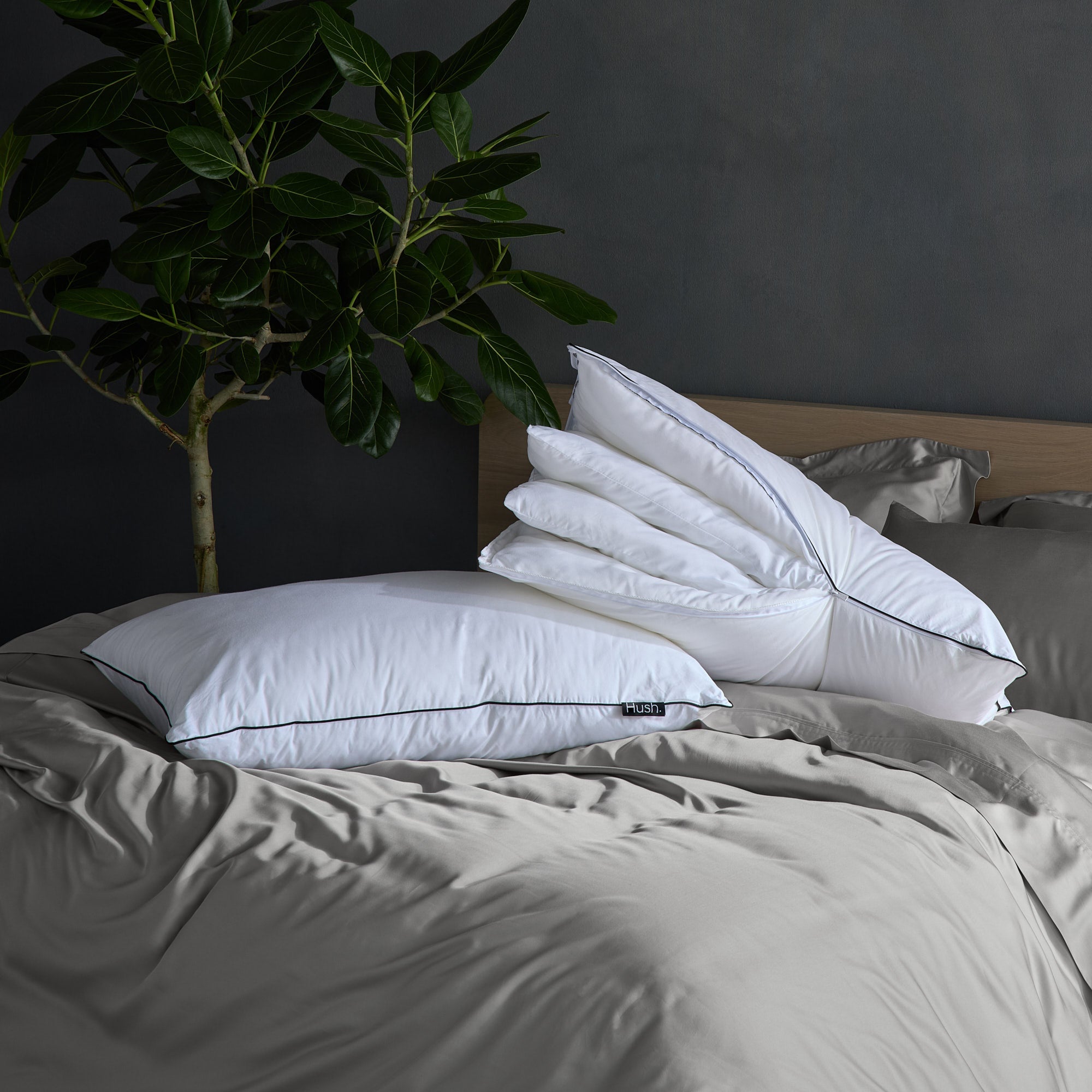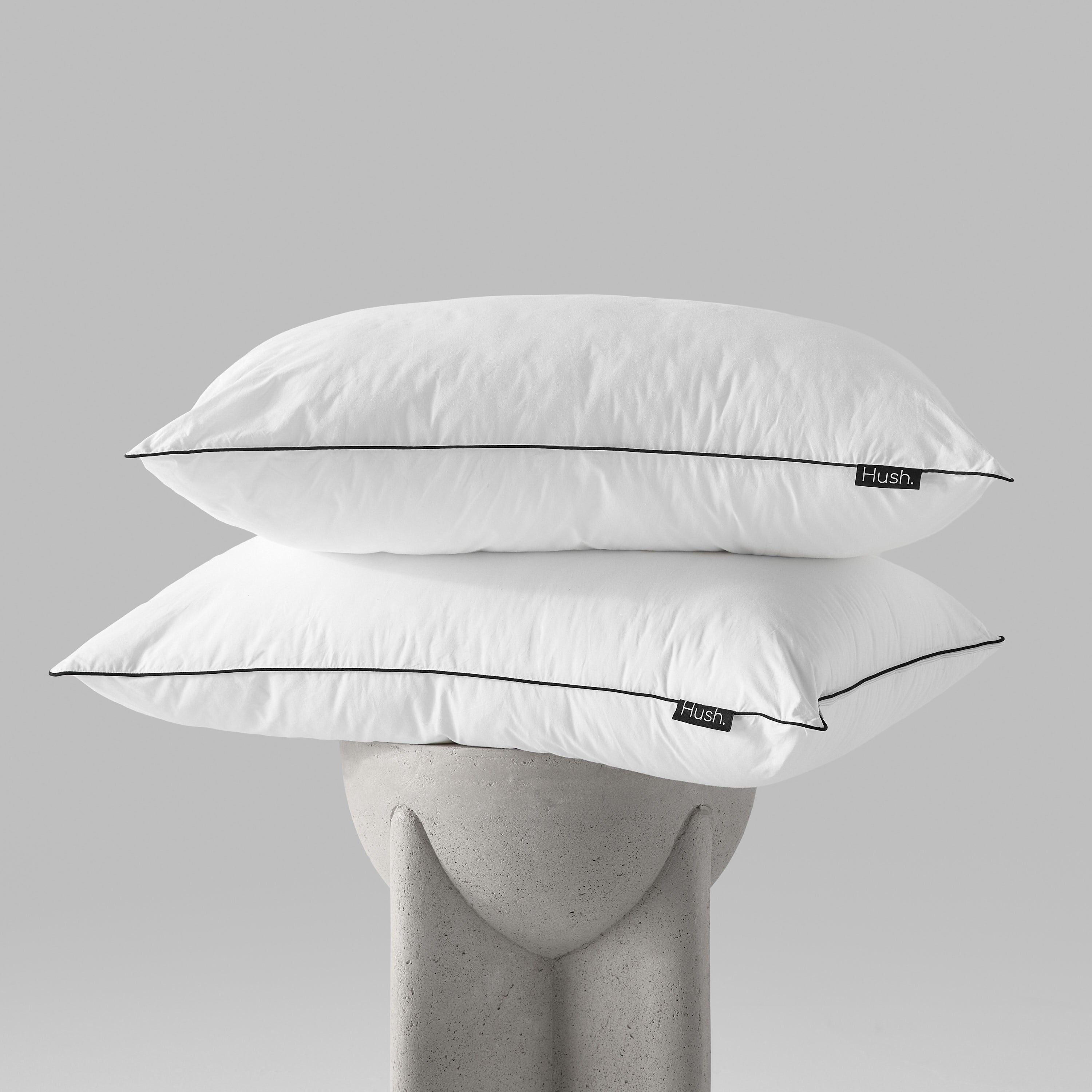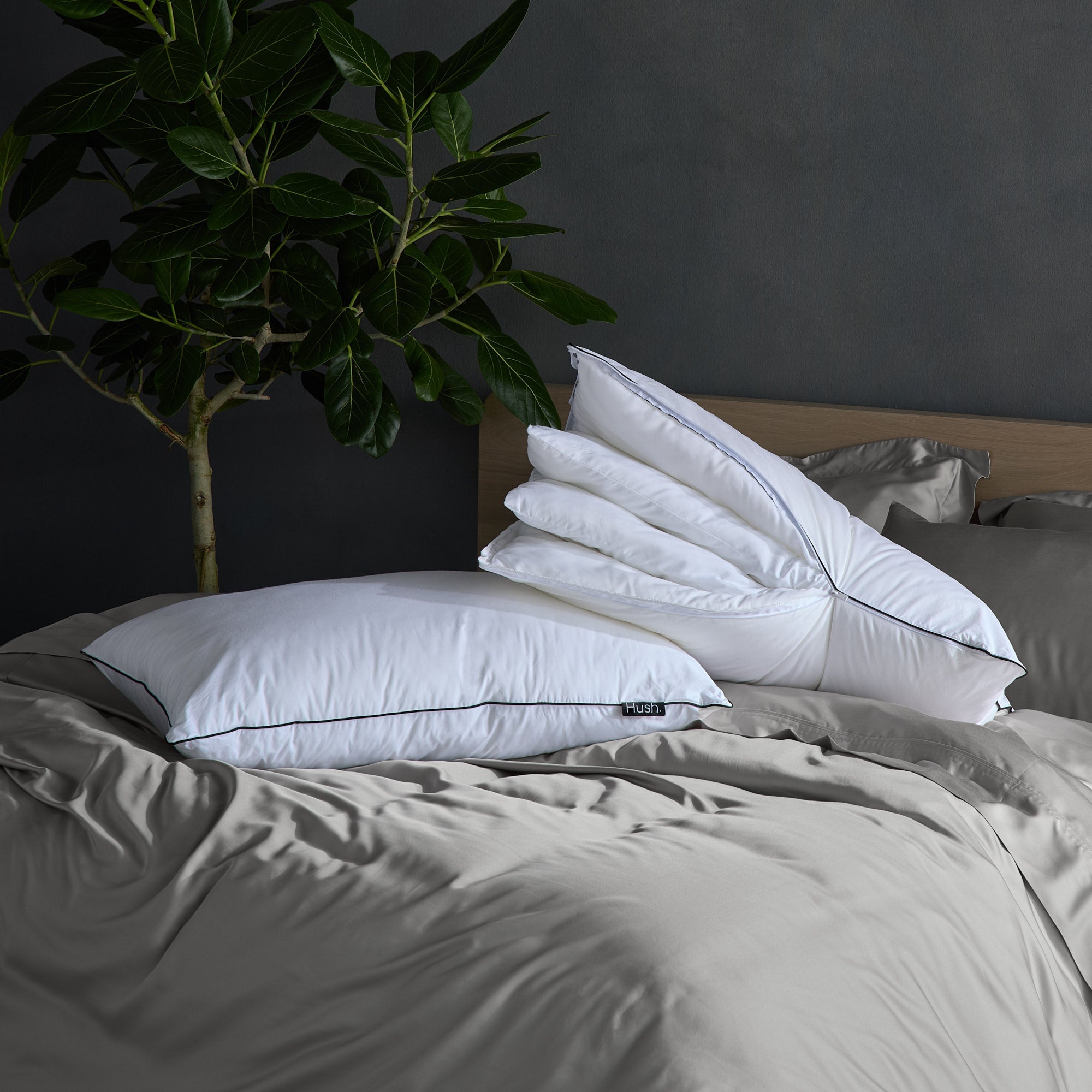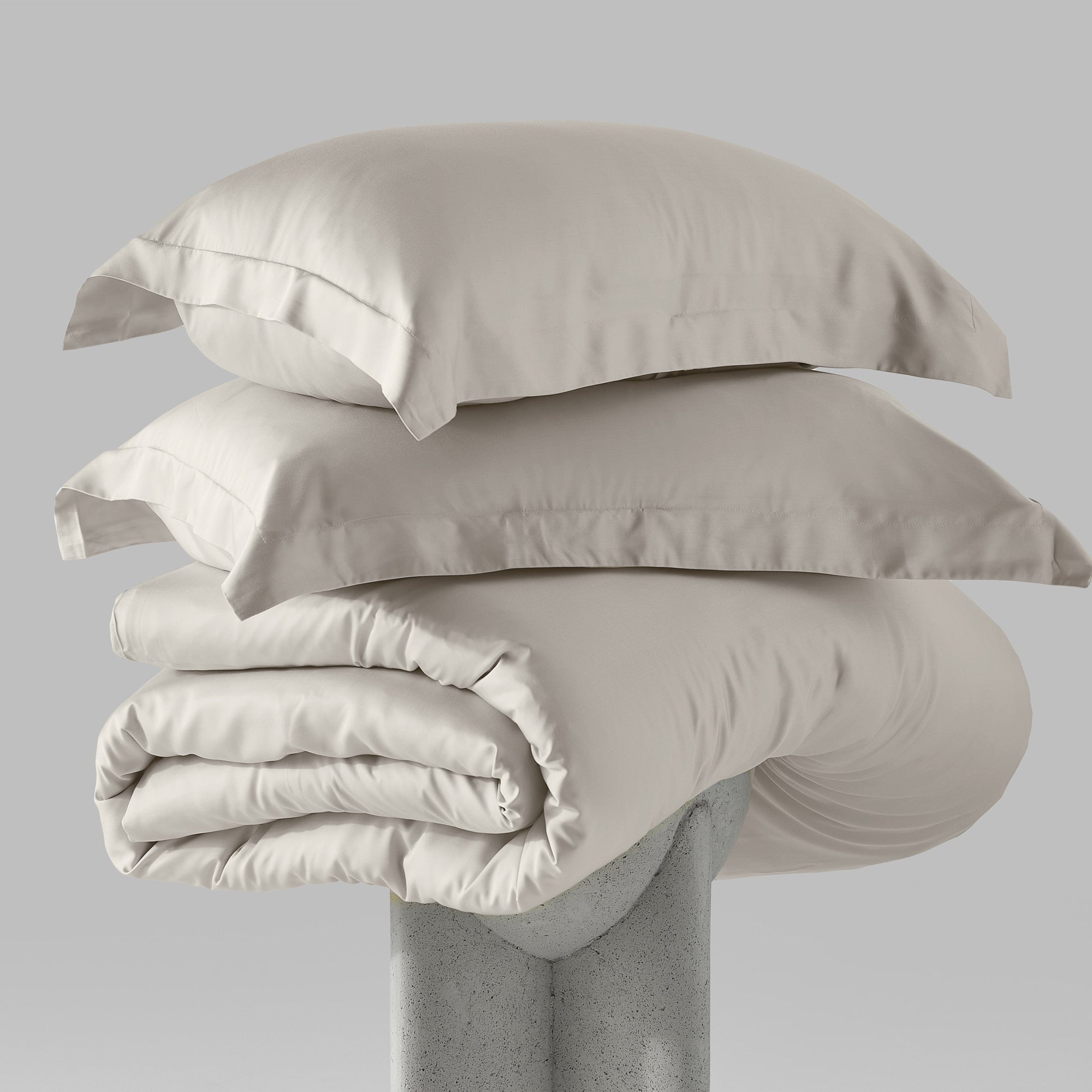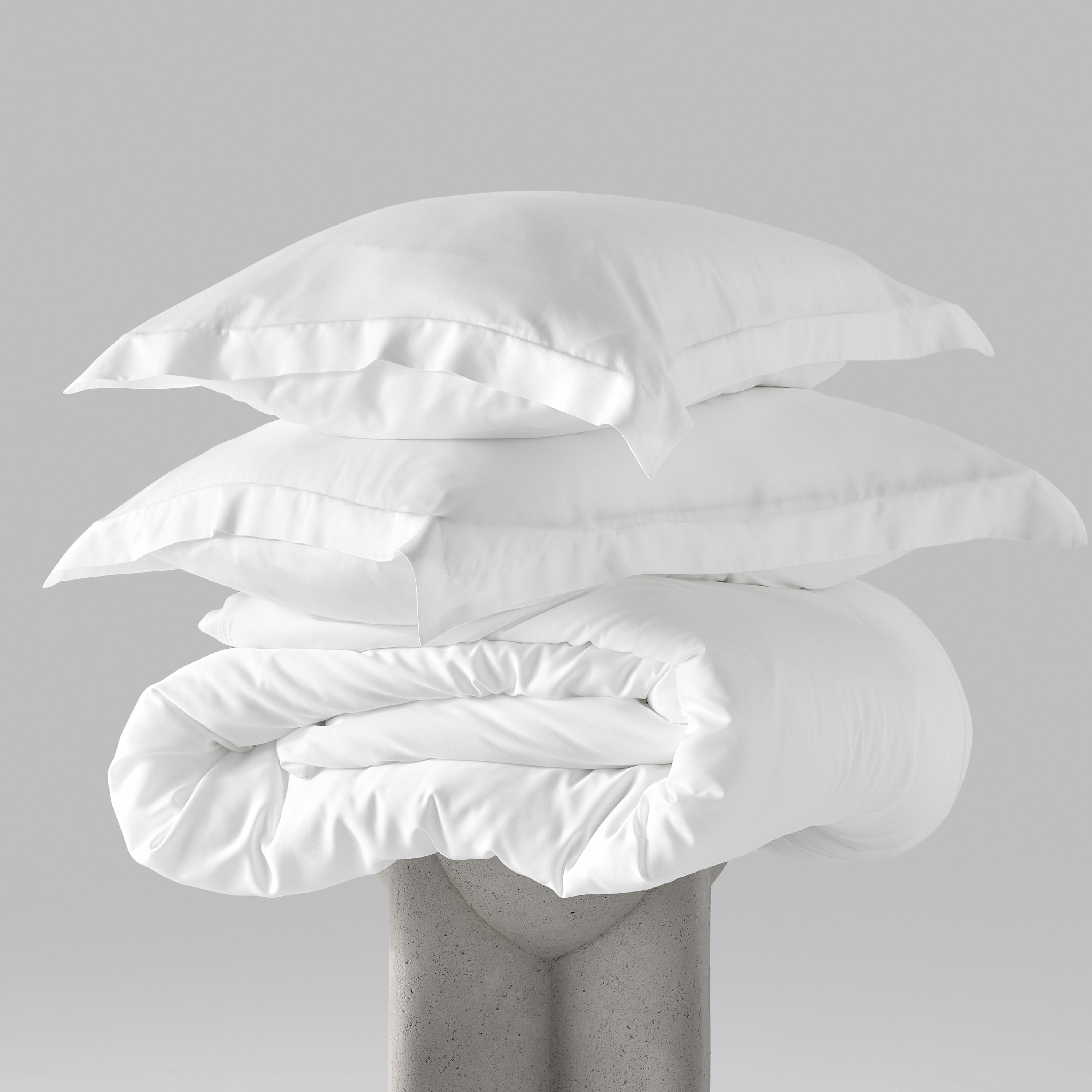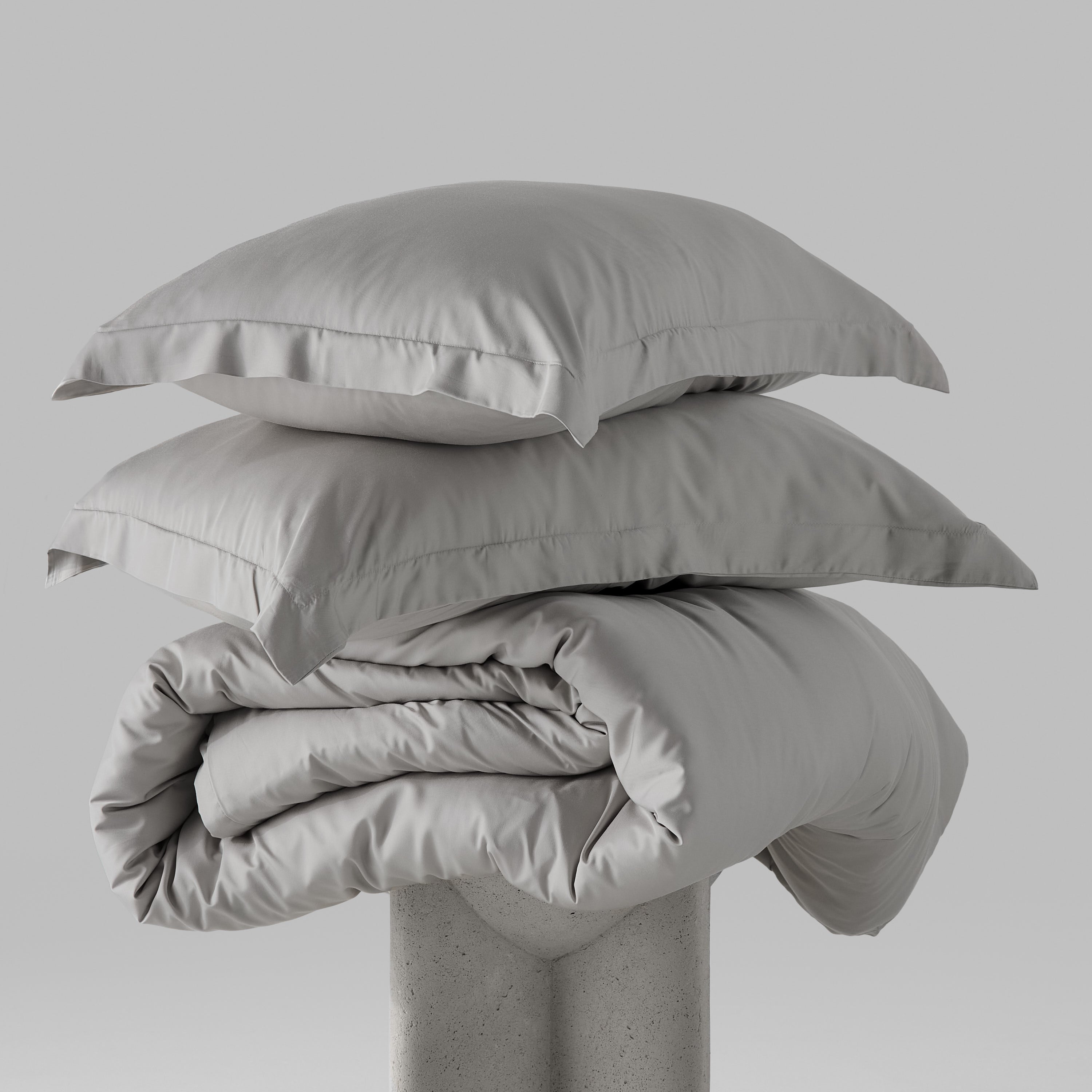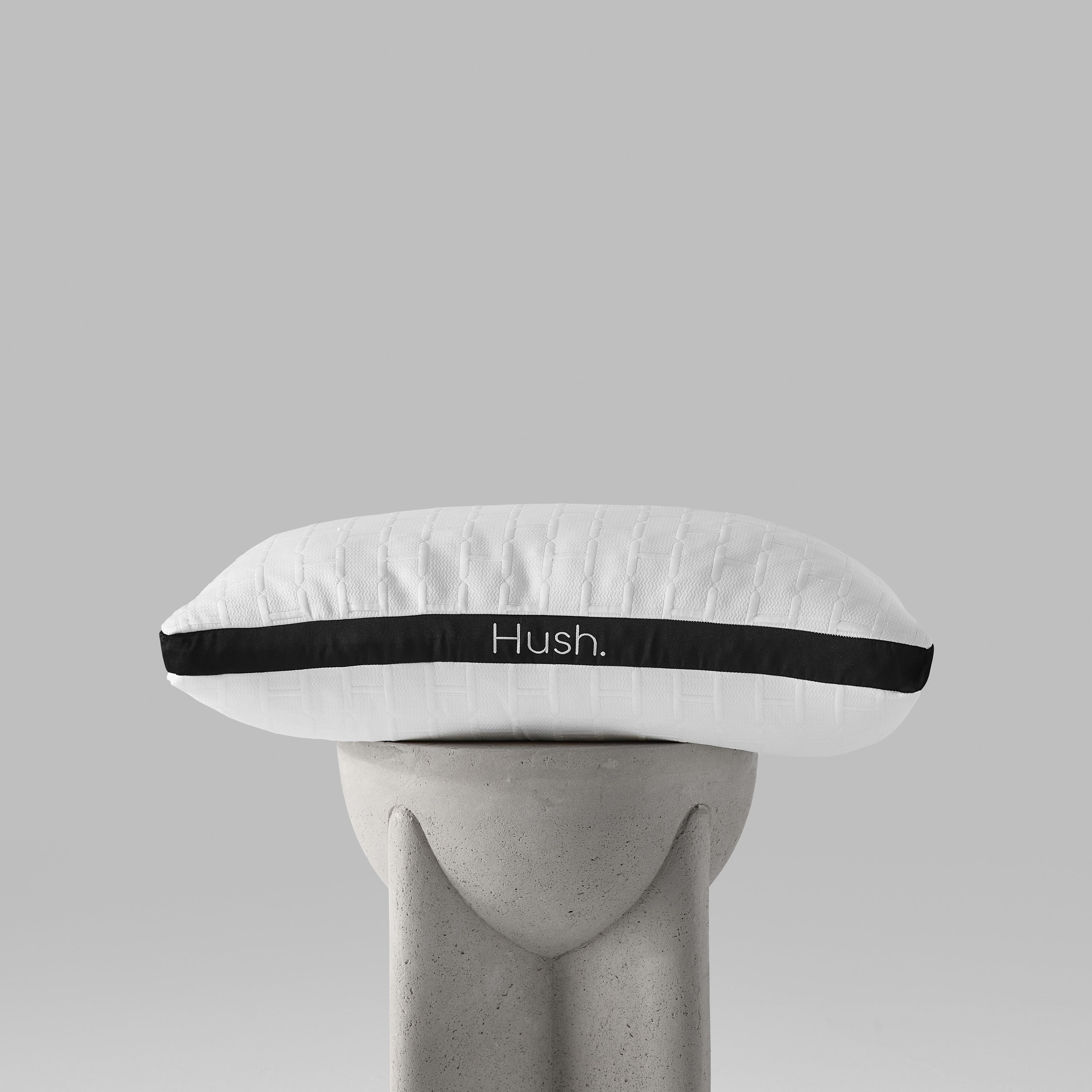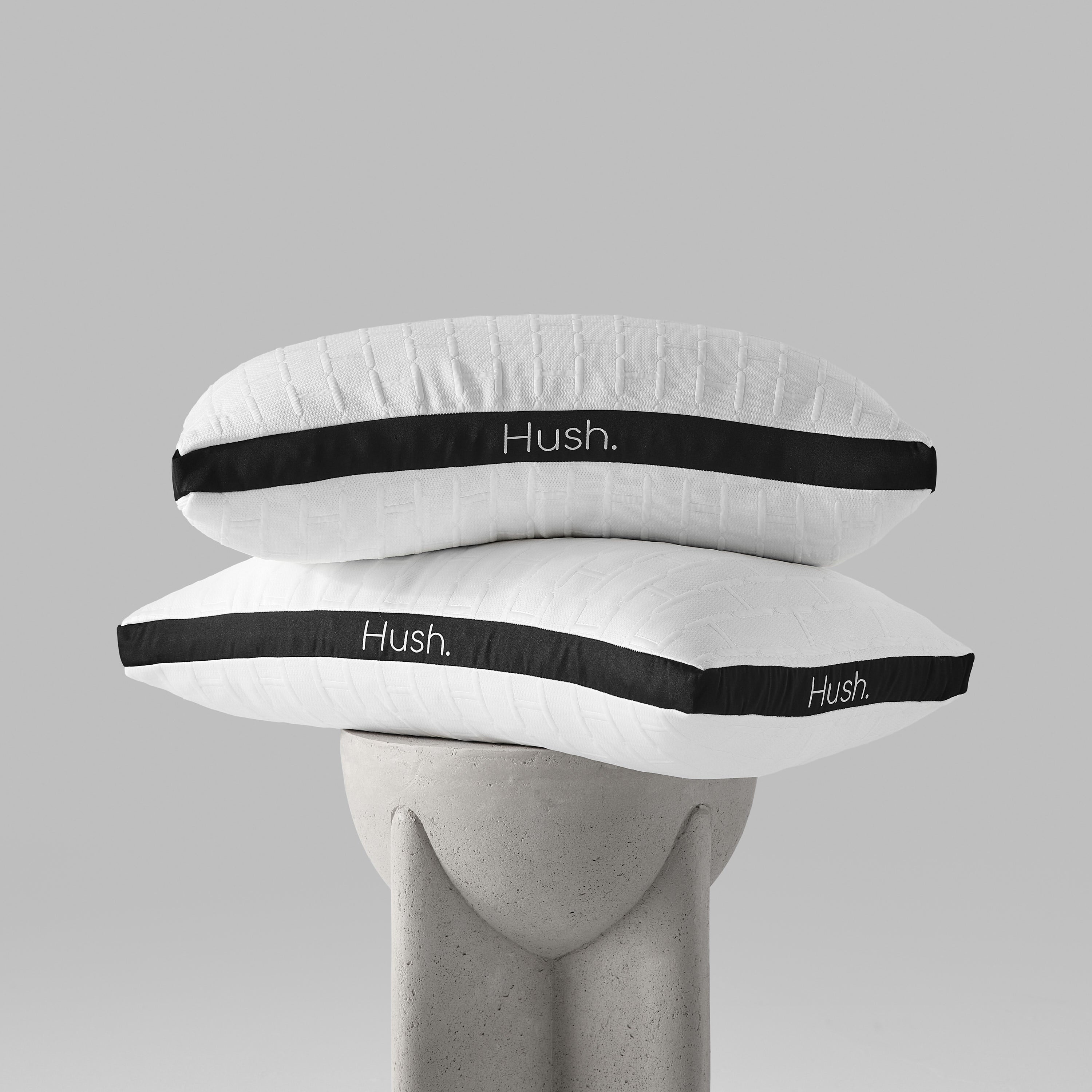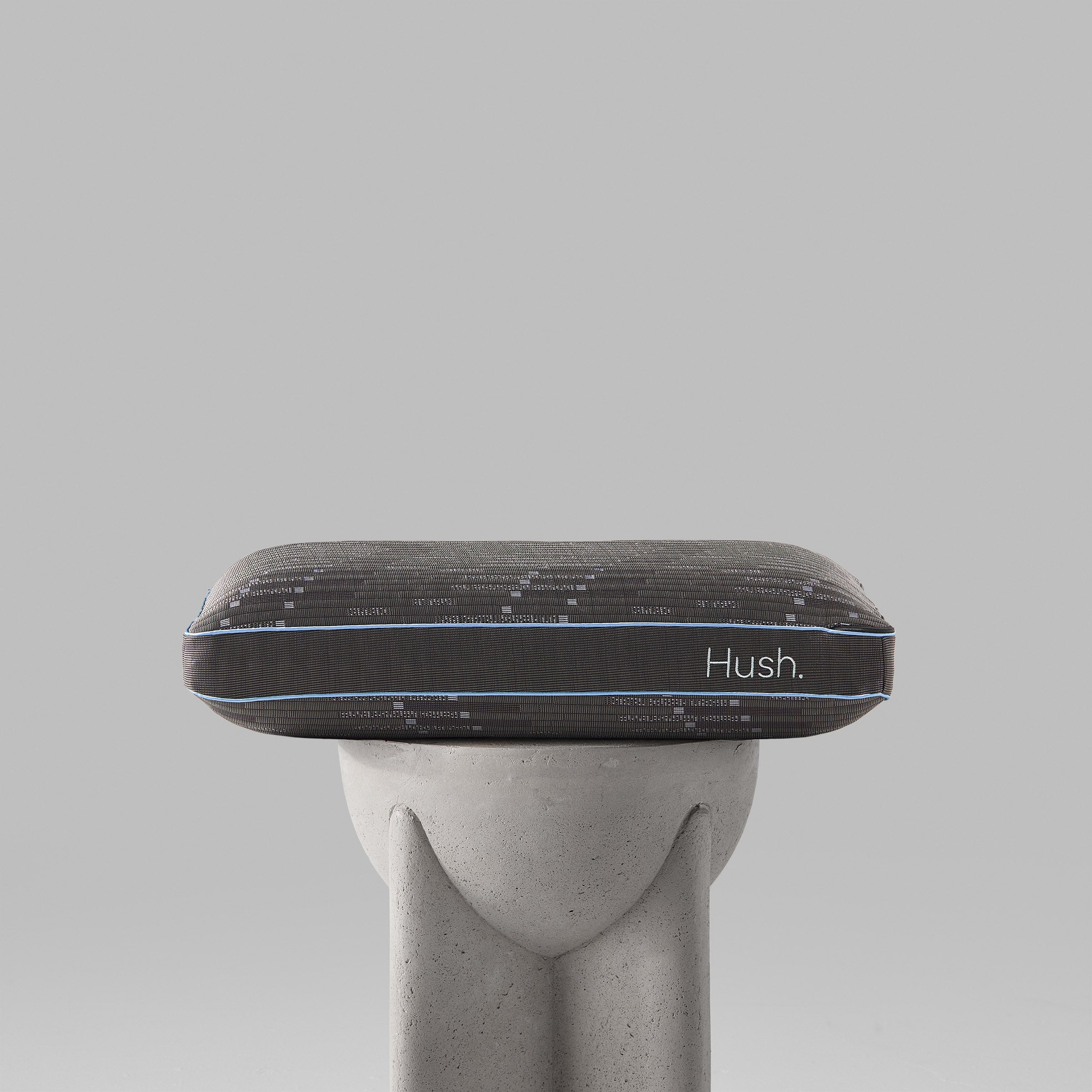
Stress is normal, but it’s also uncomfortable. None of us live in a bubble where everything goes right all the time. Life happens and stress can be a result. Most of the time, it’s not the stress that’s the problem — it’s how you handle it. To live a healthy life, you need to develop quick and efficient ways of managing stress and the symptoms of stress. This article will answer the question "How do you handle stress?," offering simple solutions and relaxation techniques that will improve your wellbeing.
What Is Stress?

Stress is that feeling of physical or emotional pressure we get from events or circumstances outside of us.
First of all, some stress is good for us. It can be a strong motivator and help us learn and grow. Other stress, though, can be less helpful. Unfortunately, negative stress also seems to linger longer than positive stress. We remember and mull over the “bad stuff” and move on through the “good stuff.” Think about it: you feel stress when you are exercising and when you are having a difficult conversation with someone, but once the workout is over, you don’t keep thinking about how hard it was. Yet, you keep repeating that conversation in your head.
So, how do you handle stress in a way that allows you to learn from it without becoming trapped by it? First, it’s important to understand what causes your stress.
Causes of Stress

Stress can be caused by many things. Some stressors are big, like the death of a loved one. Other stress can be the build-up of many small things, like getting caught in traffic, being late for an important meeting, and realizing you forgot an important document.
While causes of stress can differ from person to person there are some common triggers. Here are the most common reasons our stress levels rise:
- Major life changes
- Death of a loved one
- Loss of a job or a new job search
- Financial insecurity
- Work-related pressures or responsibilities
- Chronic health problems
- Moving
When we feel stress, our bodies go into “fight or flight” mode. We produce hormones like cortisol and adrenaline that help us become hyper-aware and awake so we can deal with the situation. The problems start when we chronically have the stress hormones pumping into our bodies.
In many ways, feeling stress is about control. You want a certain outcome, and when something happens that could affect the outcome, we feel stress. According to Mind.org, it’s your perception of a situation that can cause stress and make you ask yourself, “How do you handle stress?”
Effects of Stress

Understanding the effects of stress is essential for finding the right answer to “How do you handle stress?” There are two different types of stress effects: acute effects and long-term effects. Acute effects occur when the stressful event or situation is happening right now, like when your child falls and breaks their arm. Long-term effects happen when the stressful situation has been happening for a while, like when your child gets a diagnosis that will change how your family operates.
Short-Term Effects
The short-term or acute effects of stress are powerful, but they also have a clear solution. Once you solve the stress event, the symptoms go away. Here are the most common acute effects of stress:
- Sweating
- Headache
- Upset stomach
- Muscle tension
Long-Term Effects
Long-term effects of stress are more detrimental to your mental and physical health. They can linger after the stressful event is over because our bodies are still producing cortisol. According to MedlinePlus, the most common symptoms of chronic stress are:
- High blood pressure
- Heart disease
- Diabetes
- Acne or eczema
- Depression
- Bowel irregularities
- Headaches
- Lack of focus
- Sexual dysfunction
- Weight loss
- Sleep problems
Also, if you already have a chronic condition, long-term stress is likely to make the condition worse. With such serious effects of stress, it is important for your overall health and wellness to develop strategies to limit and manage your stress symptoms, which brings us to the question, “How do you handle stress?”
How Do You Handle Stress?

It’s important to find your own healthy ways to respond to the question “How do you handle stress?” You want to reduce stress symptoms and effects in ways that are beneficial to your wellness. Here are some healthy techniques to reduce and manage stress. Try them in your daily life and find what works for you.
Prepare In Advance
Sometimes the stress comes from a situation we know about beforehand, like a job interview. You want to get the job offer, but you also know there's a lot of competition for it. A good way to handle the pressure is to think through common interview questions a hiring manager may ask and practice sample answers. (Examples: How do you handle pressure? What are your go-to problem solving techniques?)
Part of preparing is practicing calming your body down. Let's stick with the example of interviewing for a job. Make sure you take a deep breath before you give a response. You'll be centered enough to show you understand the soft skills and prioritizing ability you need for the role. The interviewer wants you to bring in an example of a time from your last job that will show you have time management skills, work well under tight deadlines, and can partner with co-workers.
Add Physical Activity
According to the American Psychological Association, 44% of adults use exercise as a way to handle stress. It works because when you exercise, your body releases endorphins. Those endorphins are natural pain blockers, so you feel less discomfort from the stress. At the same time, physical activity also lowers cortisol. It’s a twofer technique for lowering your stress!
Talk It Out
There’s a reason you want to call Mom when something bad happens. Talking through your stress with someone you trust can reduce the stress. By articulating why and how you’re stressed, you give yourself a concrete understanding of your stressors. It’s the idea of naming your emotions: When you name what you are feeling, you reduce the power it has over you.
Practice Meditation and Mindfulness
Meditation and mindfulness help ease stress because practicing them challenges us to control our thoughts. With mindfulness, you can resist the urge to focus on the thoughts that cause stress, according to the American Psychological Association. When the stressful thoughts come up, you know how to observe them rather than react with more concern or thinking through solutions. It also helps you develop your self-awareness so you know what events and situations are most likely to increase your stress.
Get Good Sleep
Stress can disrupt sleep cycles, making you spend more time in light sleep and less time in deep, restorative sleep, according to Sleepscore.com. At the same time, getting high-quality sleep can make handling stress easier.
Maximize your sleep by using a weighted blanket. The Deep Pressure Stimulation (DPS) can keep you in REM sleep longer, according to Psychology Today. REM sleep is the deep sleep that makes you feel rested in the morning.
Start Journaling
Journaling helps you deal with stress in the same way that talking does. When you journal, you are more able to get to the root of your feelings and emotions. By better understanding your emotions, you can see possible causes and solutions.
Use a Weighted Blanket
Weighted blankets help ease stress symptoms because they work to slow your breathing. The Deep Pressure Stimulation also lowers cortisol. When you snuggle on the couch under a weighted throw, you are creating a cocoon of security. Your muscles relax, your breathing slows, and you feel better. Double-up on the benefits by cuddling with your trusted partner to talk through your stress.
Simplify Your Solution

There’s no one way to answer the question “How do you handle stress?” You should choose the combination of strategies that gives you the best results. Weighted blankets are a great tool for stress management because they can help you settle down during a period of acute stress, and they can support a good night’s sleep to limit the effects of stress.
Hush Weighted Blankets are more than just a sleep aid. They’re simple and effective tools to improve your health and wellness. Our 100 Night Guarantee means you’ll never regret giving one a try. Order one today and see how effective they are in helping you handle stress.
